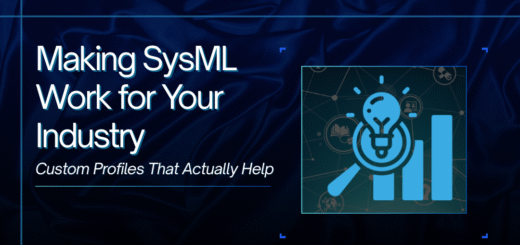Nigeria’s Healthcare Revolution: Bridging Tradition and Tech
Nigeria’s healthcare system has always been a story of contrasts. On one hand, there’s the deep-rooted wisdom of traditional healers who’ve treated communities for generations. On the other, there’s the gleaming (but often uneven) promise of modern hospitals and digital innovation. The real challenge? Merging the two into something that actually works for everyday Nigerians.
The Two Worlds of Nigerian Healthcare
Walk into a Lagos teaching hospital, and you’ll see doctors using cutting-edge equipment. Drive a few hours into a rural community, and you might find families relying on herbal remedies because the nearest clinic is miles away—and understaffed when they get there.
This isn’t just about resources; it’s about trust. Many Nigerians still turn to traditional medicine first—not out of ignorance, but because it’s accessible, affordable, and culturally familiar. The real opportunity? Integrating these systems instead of forcing a choice. Imagine trained clinicians working alongside respected traditional healers, combining the best of both worlds.
The Post-Independence Hangover
After independence, Nigeria’s healthcare ambitions were big, but execution stumbled. Corruption, underfunding, and brain drain left clinics without basics—gloves, antibiotics, even electricity. Today, the gaps are glaring:
- Doctors on the Run: More Nigerian-trained doctors work in the UK than in some Nigerian states. Who blames them? Better pay, working conditions, and tools await abroad.
- Rural Realities: In villages, “healthcare” might mean a volunteer with a first-aid kit. Maternal mortality rates? Still among the highest globally.
- Paper Chaos: Many hospitals still run on handwritten records. Lose a file, and a patient’s history vanishes.
The Lab Tech Quietly Changing the Game
Here’s where hope creeps in. Private labs in cities like Abuja and Port Harcourt now use automated systems that process blood tests in hours, not days. No more misread slides or lost samples. Startups like 54gene are putting African genetic data on the map, crucial for diseases like sickle cell that hit Nigeria hard.
But there’s a catch: these upgrades mostly serve those who can pay. Government hospitals? Still stuck with outdated microscopes and manual logging. The fix isn’t just tech—it’s affordable tech.
Digital Leaps (When the Internet Cooperates)
Telemedicine apps like Medicaid connect patients to doctors via WhatsApp—a lifeline in traffic-clogged cities. AI tools help overworked clinicians spot TB or malaria in scans faster. But ask a doctor in Kano about “digital healthcare,” and they might laugh: “How? When the power’s out half the day?”
Success stories exist, though. Sproxil, a Nigerian-founded company, uses scratch-off codes to fight counterfeit drugs—a $1 solution to a billion-naira problem.
Who’s Got Skin in the Game?
Transforming healthcare isn’t just a government job. It’s:
- Tech Hubs: Lagos’s CcHUB incubates health startups, like LifeBank, which delivers blood via drones.
- Grassroots Pragmatists: NGOs train midwives to use portable ultrasound devices—no grid needed.
- Policy Tweaks: Shouldn’t medical schools teach digital literacy alongside anatomy?
The Road Ahead: No Magic Bullets
There’s no app that’ll fix Nigeria’s healthcare overnight. But the pieces are there:
- Hybrid Care: Leverage traditional healers as community health workers.
- Frugal Tech: Solar-powered labs, AI that works offline.
- Stop the Bleed: Pay doctors fairly, and maybe they’ll stay.
Bottom Line
Nigeria doesn’t need to mimic Western healthcare. It needs its own model—one that respects tradition, embraces tech where it matters, and most importantly, reaches the woman in a village who shouldn’t have to choose between a herbalist and a hospital five hours away. The blueprint’s being drawn—not in boardrooms, but in the streets, labs, and makeshift clinics where real people are piecing it together.


